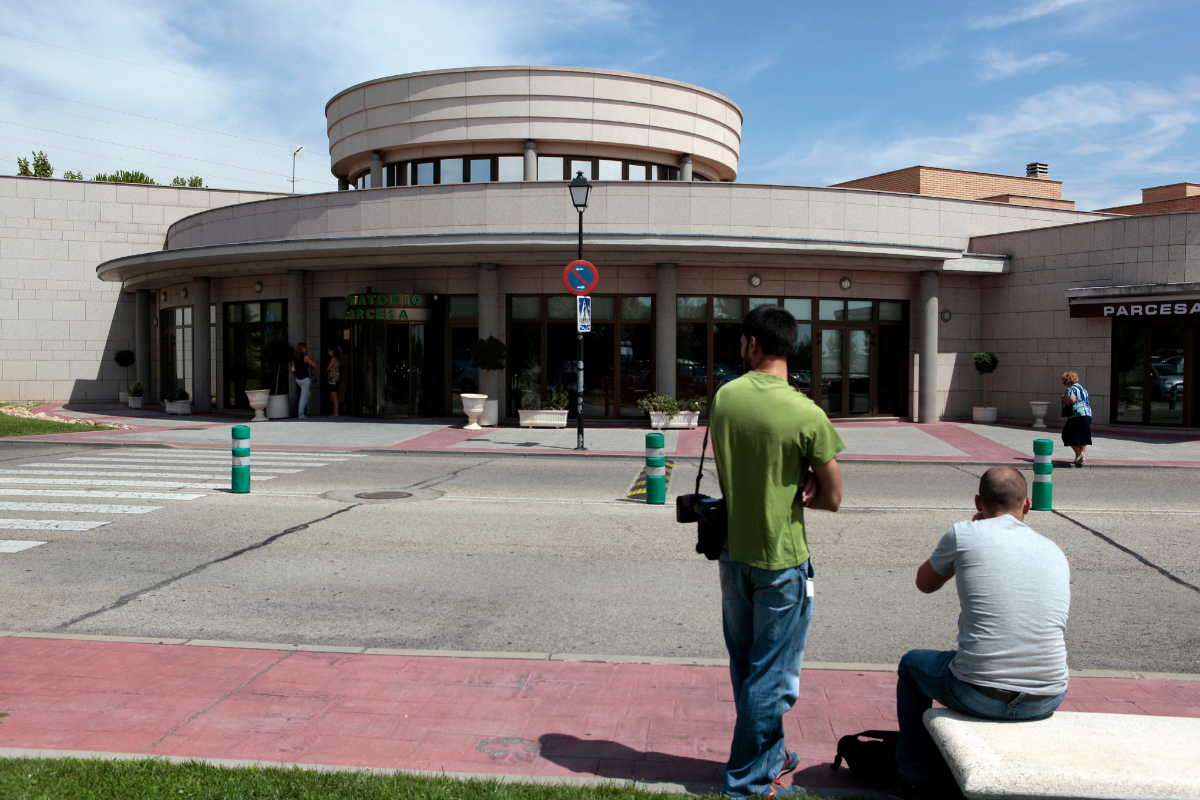- Covid-19.Madrid keeps public transport open but will disinfect it daily by the coronavirus
Several funeral homes in the Community of Madrid have begun to take necessary measures to prevent further infection by the coronavirus: they have prohibited the care of patients killed by Covid-19.
According to several sources consulted by this newspaper, today there are at least three funeral homes that are not allowing wakefulness in the cases of patients killed by this disease. This is a measure to avoid more infections, especially for families, who flock to funeral homes when there is a death, but many of them have been in contact with the deceased days before in hospital.
The companies Interfunerarias, Parcesa and Nuestra Señora de los Remedios are three of those who have already taken these measures in Madrid, where on Tuesday night 21 deaths had been registered in people who had coronaviruses.
Among other measures that have been taken to prevent contagion, since the virus can continue in the corpse of the deceased, these funeral homes are using thicker shrouds than usual and then the bodies are being introduced into the coffins, which are sealed and remain with the lid closed, instead of having a wake with the lid open, as is often done in many cases.
The drivers of the funeral cars in charge of moving the bodies to the funeral home or to the cemetery are wearing protective suits, as are those in charge of handling the bodies. However, this measure has not yet been extended to commercials, which are responsible for hiring funerals with families.
Curiously, the only large funeral parlor in Madrid that still allows funerals is the semi-public Madrid Funeral Services Joint Venture, owned by the City Council. The measures taken by the Consistory that Martínez-Almeida directs have not yet been extended to the funeral field.
The Mortuary Health Regulation of the Community of Madrid, which regulates how and when bodies should be buried, leaves some clues on how things should be done. This regulation, which dates from 1997, classifies the deceased into two groups. The first is that of the deceased due to diseases that represent a health risk, "both of a professional nature for the funeral staff and for the population as a whole, according to norms and criteria set by the Public Administration". The second group are all other deceased.
"The corpses belonging to group I -continues the regulation- may not be subjected to thanatopraxia practices or transferred outside the limits of the Community of Madrid."
The regulations also say that in the funeral homes "special attention will be paid to the prevention of all types of communicable diseases".
According to the criteria of The Trust Project
Know more
